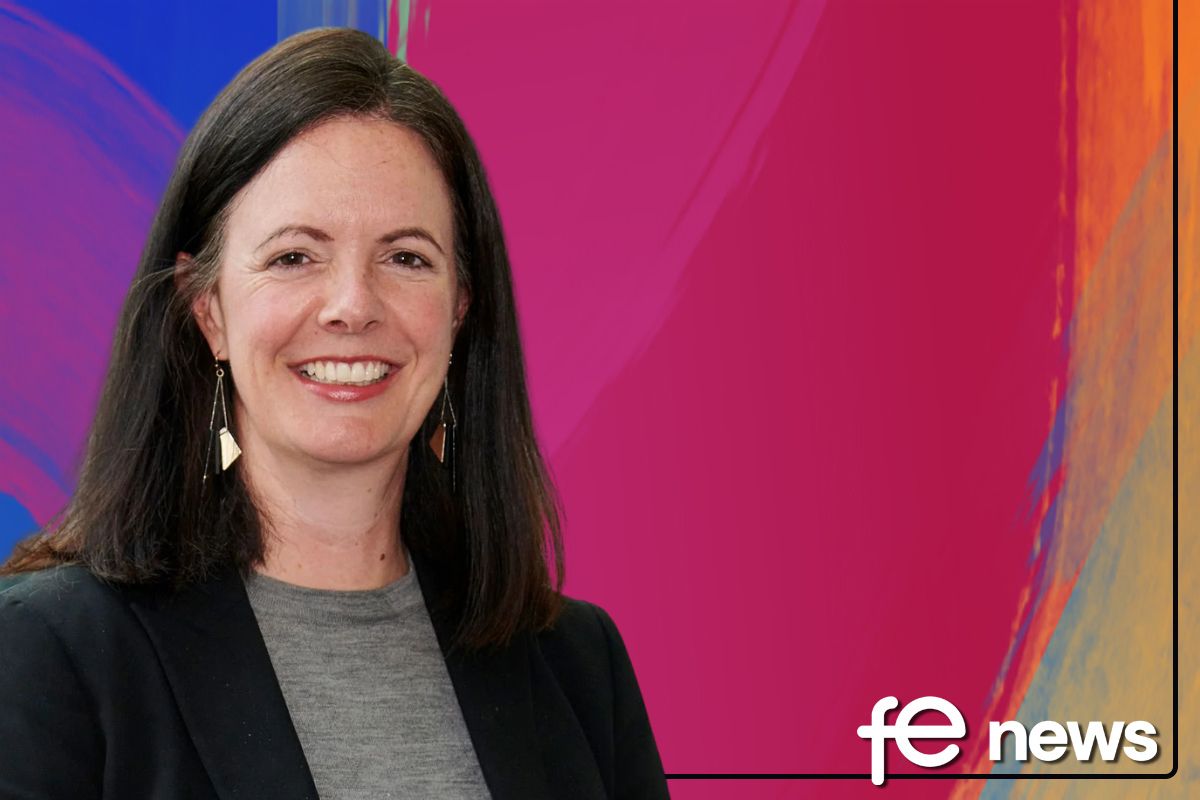Why change needs to come from the sector

Everywhere you turn at the moment the education sector seems to be talking about learning technology. From the hype around MOOCs through to news of disruptive technologies that are promising (or threatening!) to revolutionise education, there seems to be a real awakening (at last!) towards the impact technology can have on delivering a more efficient skills system and engaging teaching and learning experience.
I have spent almost 25 years in the skills sector and in that time I have seen the phenomenal change that has taken place in technology adoption. Children being born right now will expect and be motivated by a completely different learning environment than I, and many of my peers in FE, enjoyed.
I’ve been concerned in the past that despite all the noise and talk, the pace of change that technology and digital can bring has not been reflected in the FE community up to now. But I sense a change and a growing realisation, even better an acceptance, that technology in learning needs to be adopted and made central to any college strategy for growth. I also know from conversations with practitioners across the sector that there are pockets of innovation and tutors who are successfully experimenting with learning technology. However, we have to move faster and invest more to ensure the gap between what learners expect from their college environment and the experiences they actually have inside and outside the classroom don’t grow ever wider.
Earlier this month we saw the FELTAG recommendations to Government to encourage better adoption of learning technology in FE. What I took from this report, and something that I wholeheartedly agree with, is that the sector needs to be empowered to make the changes from within. FE leaders and senior managers need to encourage the experimentation that is already happening across the sector and there need to be better facilities for sharing ideas and developments across the sector. The funding system must also adapt to provide the right environment for innovation to happen and to recognise best practice in digital adoption. We must also invest in innovation as a sector alongside investment from Government.
At City & Guilds we’ve already recognised this need to provide a platform for best practice sharing which is why the Think Out Loud Club was born. A community of learning technology evangelists who are willing to share the pleasure a pain of technology adoption, the Think Out Loud Club is effectively trying to answer one of the FELTAG recommendations by providing a safe space where people can get together and inspire each other about what is possible. We held our first big think last month and I was overwhelmed by the energy and passion in the room and the willingness of everyone to come together and learn from each other.
Building these supportive communities is important for nurturing curiosity about new technology but there will be no real change without action. Part of the sector-wide support needed to improve digital adoption is around the capabilities of individual teachers to understand and apply new technologies. It’s no good inspiring people about the possibilities if they are then not given the tools to make these possibilities a reality.
Organisations like City & Guilds also have our role to play in supporting the sector’s transition to digital. We are embedding digital content and services into all of our qualifications and a great example of this is our new 14-19 programme of study, the TechBac©. Learners studying for the TechBac© will have access to an online portal that helps them get the skills employers often say are lacking among young people, and those that are not necessarily gained through technical or academic qualifications. Tutors will also be armed with the right support and tools to help them make the best use of the new technology embedded throughout the TechBac©.
A technology that we have been exploring in the Think Out Loud Club, and which came up in the FELTAG recommendations, is Mozilla’s Open Badges. Despite challenging the traditional qualifications model, I am excited by their potential and at City & Guilds we been working with Mozilla to explore how we can integrate them into our certification process.
Being open to change, both as an individual and an organisation, is so important to make sure we keep giving today’s learner what they need to have an enjoyable and successful education and, ultimately, to provide them with the tools for employment. In a world so driven by technology, now is the time for the FE sector to make the switch.
Kirstie Donnelly is UK managing director of City & Guilds Group, the awarding body











Responses